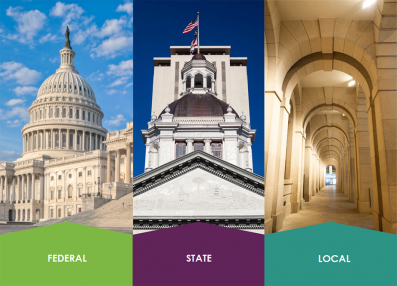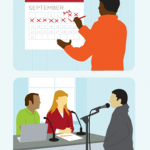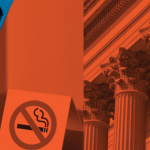Preemption & Public Health — for Facilitators
Tools for Public Health Law Academy trainers
This collection of tools supports anyone interested in teaching public health practitioners about preemption and its effects on public health. These tools are part of the Public Health Law Academy, which offers free trainings on the use of law and policy to improve population health outcomes.
Start by watching our Preemption & Public Health training, then download and tailor the following resources to customize our materials for your specific audience:
- Facilitator's Checklist
- Facilitator's Guide, which provides instructions on how to customize the training for your audience
- Facilitator's Script, which can be modified for your audience and speakers
- Slide Presentation, which can be adapted to your unique training content
Our video short that covers the basics of preemption and our infographic on preemption may also be useful in preparing your audience for the full training.
About This Training
The legal concept of preemption — the authority of a higher level of government to limit or even eliminate the power of a lower level of government to regulate an issue — has profound significance for public health. Preemption affects almost every aspect of life, including minimum wage requirements, airline safety regulations, environmental protection standards, and commercial tobacco control efforts.
Developed by ChangeLab Solutions in partnership with the Centers for Disease Control and Prevention (CDC), this free Public Health Law Academy training explains how preemption can help or hinder public health measures. The 2024 update features an increased focus on health equity and new examples of how preemption affects the root causes of health inequities.
Learning Objectives
Instructors can tailor these training materials to achieve the following learning objectives:
- Obtain a basic understanding of the legal concept of preemption
- Understand how preemption can affect health equity and public health
- Identify how individuals in non-legal professions can anticipate, identify, and respond to preemption
Downloads


